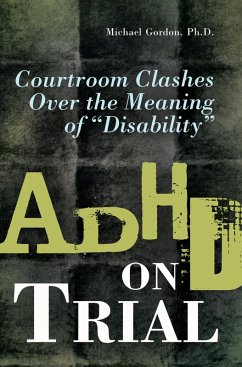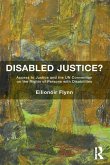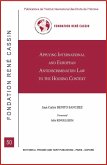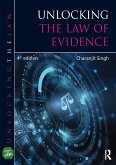In 2006 Philadelphia, graduate student Jonathan Love sued the organization that publishes the Law School Admissions Test. Love had attained average scores on the test, but claimed he should have been given extra time because he qualified as a person with a disability - and allowances provided by the Americans with Disabilities Act - due to Attention Deficit Hyperactivity Disorder. The case, which drew in author psychologist Michael Gordon as an expert witness for the defense, reached federal court and resulted in a precedent-setting ruling still as controversial as the disorder that triggered the trial. In this work, Gordon takes us into the courtroom and behind the scenes with attorneys and experts to look not only at this trial, but more than a dozen others that have involved ADHD or other psychiatric diagnoses, and the questions they raise, including what the real meaning of disability is, how malingering can be an issue with psychological disorders, and what the more far-reaching effects for the public can be if accommodations are provided to people who do not have a legally-defined disability. When does deference to an individual with a disorder like ADHD begin to invade the rights of the non-disabled? Controversy fills these pages, from discussion of ADHD and the debate over its justifiability as a disability to public reactions regarding the ruling in Love's case and others. Comparisons and contrasts are also raised between the Love trial and earlier cases involving people claiming psychological disabilities who fought actions by The National Board of Medical Examiners, United Airlines, Toyota Motor Manufacturing, the Georgia State Board of Veterinary Medicine, and other organizations. Do the decisions help or harm disability rights and people with disabilities? Gordon offers the insights not only of a psychologist, but a seasoned legal insider who has testified as an expert witness at many of the trials.
Bitte wählen Sie Ihr Anliegen aus.
Rechnungen
Retourenschein anfordern
Bestellstatus
Storno









